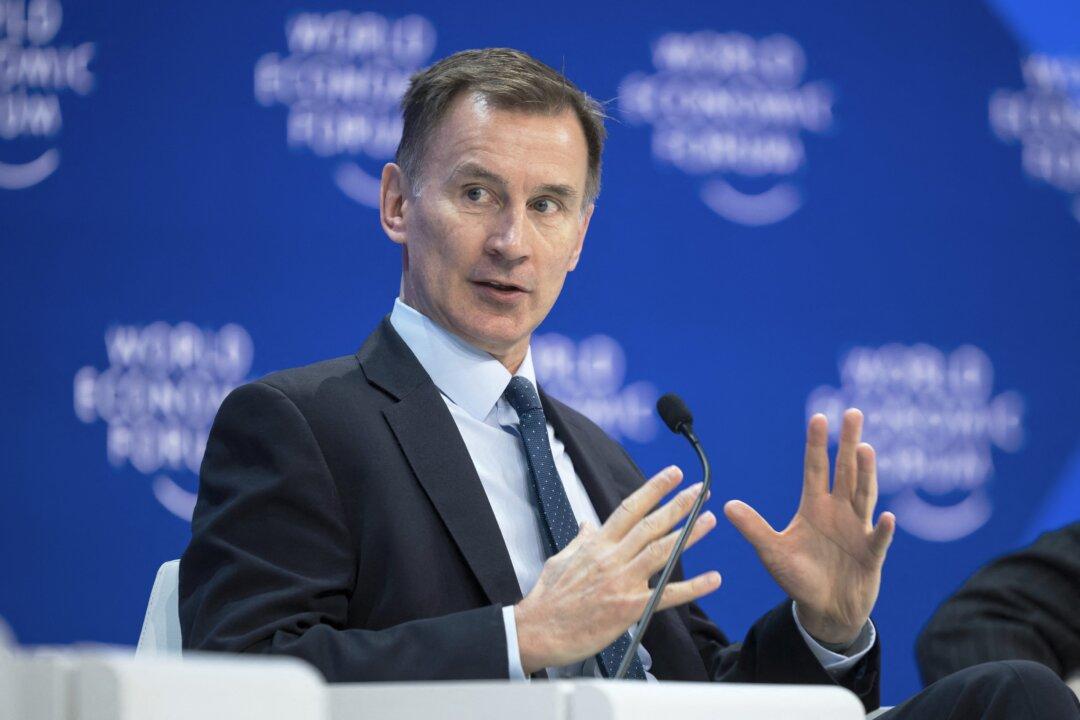Jeremy Hunt declared on Friday that he’s “ready to cut taxes and bet on growth” after the UK’s gross domestic product (GDP) grew again in February.
The chancellor made the remark as he said Britain has now “done the hard yards on inflation.”

Jeremy Hunt declared on Friday that he’s “ready to cut taxes and bet on growth” after the UK’s gross domestic product (GDP) grew again in February.
The chancellor made the remark as he said Britain has now “done the hard yards on inflation.”